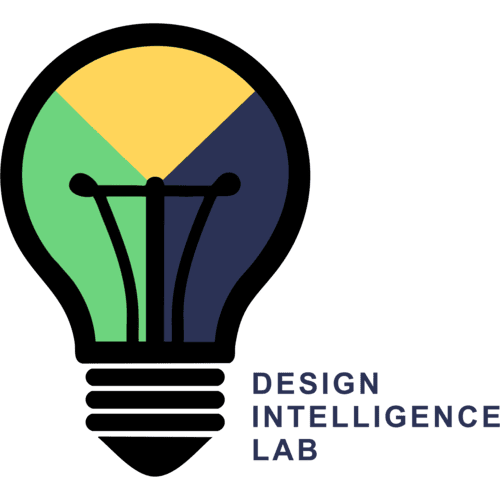Abstract
We described a study on the use of an online laboratory for self-directed learning by constructing and simulating conceptual models of ecological systems. In this study, we could observe only the modeling behaviors and outcomes; the learning goals and outcomes were unknown. We used machine learning techniques to analyze the modeling behaviors of 315 learners and 822 conceptual models they generated. We derive three main conclusions from the results. First, learners manifest three types of modeling behaviors: observation (simulation focused), construction (construction focused), and full exploration (model construction, evaluation and revision). Second, while observation was the most common behavior among all learners, construction without evaluation was more common for less engaged learners and full exploration occurred mostly for more engaged learners. Third, learners who explored the full cycle of model construction, evaluation and revision generated models of higher quality. These modeling behaviors provide insights into self-directed learning at large.
Understanding Self-Directed Learning in an Online Laboratory
